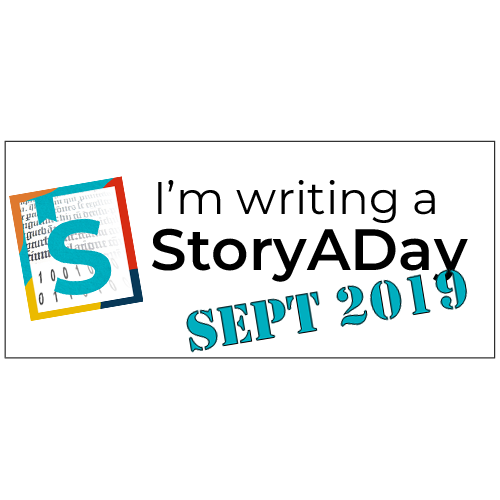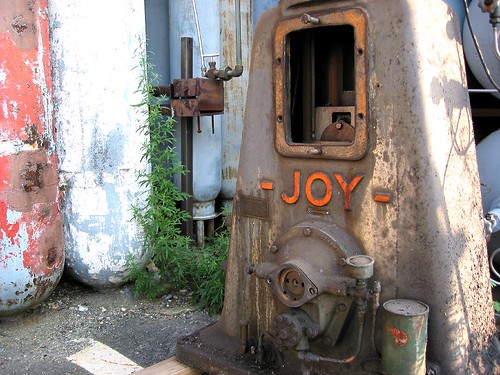For audio only, subscribe to the podcast
Today, Angela Ackerman invites us to think about our character’s past emotional trauma and how it affects them in the present.
This is a really useful exercise for deepening any character in any length of story. Use it for a character from a novel, or for the character in a short story. It can’t help but make your story more rich.
And remember: emotion is the key to a reader connecting with your story.
The Prompt
Emotional trauma is an experience, or set of experiences, that can change your character in fundamental ways, altering their personality, embedding fears in their minds, affecting their ability to connect and trust others, and steering their needs and desires during your story.
Write about a wounding experience from your character’s past that changed them into who they are today.
HINT: most wounding experiences involve someone close to the character as it is the people closest to us who are able to do the most psychological damage.
For emotional wound ideas, try this list: https://onestopforwriters.com/wounds
About Angela Ackerman
Angela Ackerman is a writing coach, international speaker, and co-author of The Emotion Thesaurus: a Writer’s Guide to Character Expression and four other bestselling writing guides. A proud indie author, her books are available in five languages, sourced by US universities, and are used by novelists, screenwriters, editors and psychologists around the world.
Angela is also the co-founder of the popular site, Writers Helping Writers, as well as One Stop For Writers, an innovative online library built to help writers elevate their storytelling.
http://writershelpingwriters.net/
https://onestopforwriters.com






